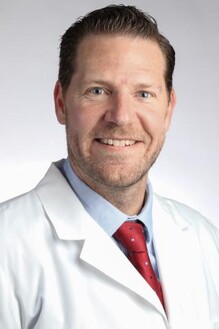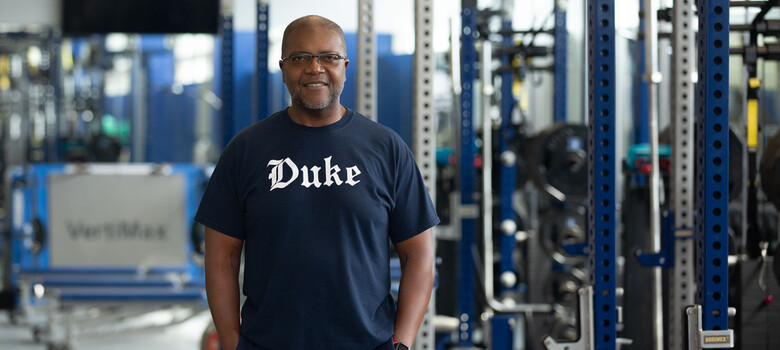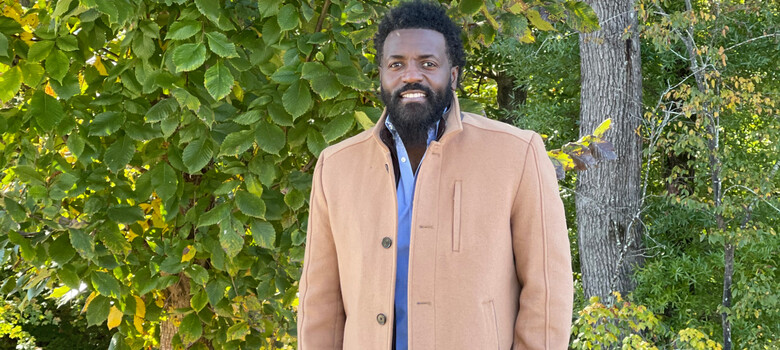Do I Need a Heart Failure Specialist?
Advanced Care for a Complex Disease

A heart failure specialist is just what you might think -- a doctor who specializes in treating heart failure. But when is the right time to seek out this type of expert? And what kind of advanced care can you expect?
Here Robert Mentz, MD -- one of more than a dozen heart failure specialists at Duke -- answers these questions and more to help you find the right care and optimize your heart health.
Heart Failure Is Complex but Manageable
Heart failure means your heart can’t pump efficiently enough to meet your body’s needs. Early symptoms like fatigue and shortness of breath can progress in some patients.
“The term ‘heart failure’ itself can be really overwhelming,” says Dr. Mentz. “The Duke team is here to provide care that is in line with your goals, from symptom relief to long-term management. We work with patients to go from ‘failure’ to function, and to support heart success.”
What Is a Heart Failure Specialist, and What Should I Expect?
Advanced heart failure specialists are cardiologists who have completed at least one year of additional training in heart failure management to help people with heart failure live longer, healthier lives. Your heart failure specialist can use sophisticated tests like cardiopulmonary exercise testing, cardiac MRI, and diagnostic catheterizations to better understand what might be causing your heart failure or making it worse, and then work with you on a treatment plan. In addition to recommending lifestyle changes, the Duke team is experienced in creating realistic medication plans to preserve or improve your heart function while also considering your goals, your lifestyle, and cost.
“The vast majority of patients living with heart failure respond very well to medication,” Dr. Mentz said, “but we also have contingency plans in place if things change.” For example, a heart failure specialist will be able to identify if and when you should consider more advanced treatments like a ventricular assist device (VAD) or heart transplant.
When To See a Heart Failure Specialist
Duke’s heart failure specialists routinely partner with other members of your medical team (including your primary care doctor or general cardiologist) to optimize care. Dr. Mentz recommends people see a heart failure specialist soon after being diagnosed to learn about the disease, set expectations, and develop a roadmap for treatment. But those who have been living with heart failure for a while can also benefit from a specialist’s evaluation. If you don’t already see a heart failure specialist, you may be ready for the next level of care if you:
- Notice worsening shortness of breath during daily activities
- Experience swelling, especially in the legs and abdomen
- Experience reduced kidney or other organ function
- Have an ejection fraction (EF) of less than 35% (EF measures how much blood is pumped out of the left ventricle with each heart contraction.)
- Have been hospitalized for heart failure more than once
- Experience shocks from an internal cardioverter defibrillator (ICD)
- Need continuous intravenous inotropes (medicines that boost your heart’s pumping power)
Choose an Experienced Center for Your Heart Failure Care
Duke is nationally recognized for providing high-quality heart failure care, and our VAD and heart transplant programs are among the best in the country. If you don’t live close to a program like Duke’s, we offer virtual visits when possible, and we collaborate with your local providers to share care so you don’t have to travel to Duke as often.
“Think of us as an added layer of support that can work with your other doctors,” Dr. Mentz said. “It's rewarding for everybody. I love seeing my patients improve their quality of life, stay out of the hospital, and share important moments with their family and friends.”




